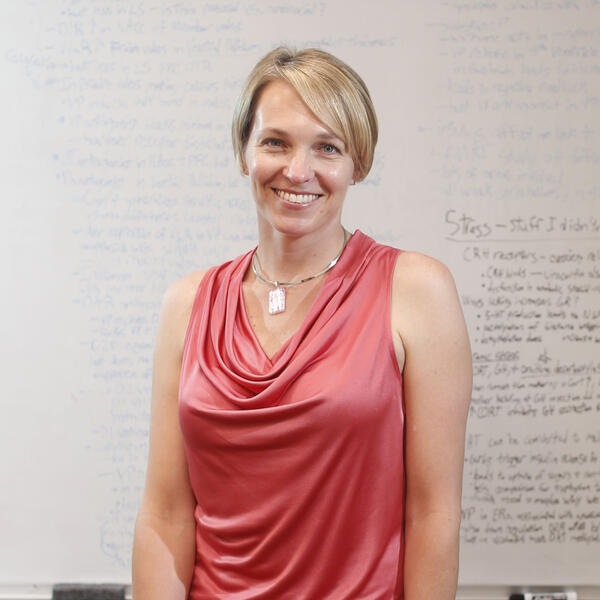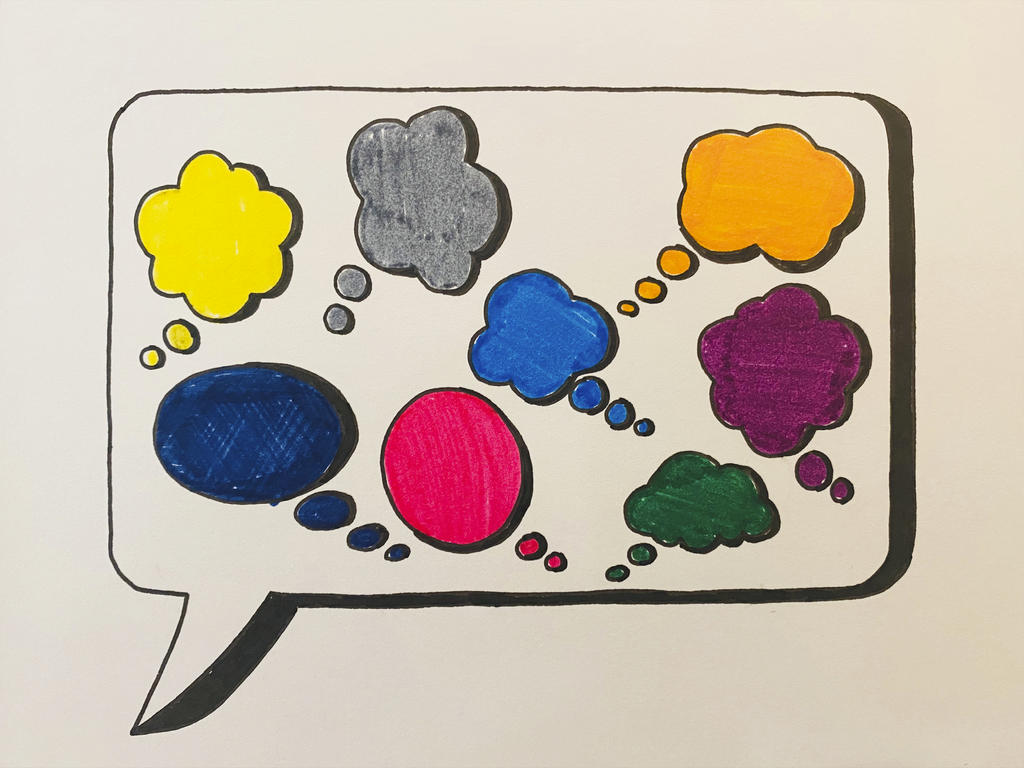As Rhodes transitioned to remote learning, I wondered what impact my course could have on students who are justifiably distracted by our current crisis. Three questions seemed particularly significant:
What can I expect students to learn? The famous psychologist B.F. Skinner wrote, “Education survives when what has been learnt has been forgotten.” Central to a Rhodes education is the development of skills that support intellectual growth and transcend disciplinary boundaries. In my advanced research methods course, students practice scientific reasoning, critical thinking, and scientific writing. They work in teams to develop an experiment to answer a novel research question about human cognition. The development of these skills has continued remotely as we analyze, interpret, and discuss data. A year from now, my students may forget which statistical analyses we conducted, but their quantitative literacy and scientific reasoning skills will help them to make data-informed decisions and to evaluate and communicate scientific findings.
How do I make this course meaningful in our current context? My expertise lies in understanding human thinking and behavior, areas in which there is no shortage of daily applications. Several psychological constructs were notable this week alone: social isolation, hoarding, loss of control, altruism, denial, stress, discrimination, conformity, resilience. Psychological research informs our understanding of these experiences in times of calm and crisis. My students’ experiments investigate the cognitive processes involved in regulating emotional distraction. Have trouble focusing on your work? Cognition. Read the news lately? Emotional. By building in time for reflection, students will connect our research with the context in which we find ourselves.
Will remote learning threaten our sense of community and shared identity? As a psychologist, I am keenly aware of the impact that our current social context will have on students’ identities. Our social lives have undergone rapid changes in recent weeks, changes that can challenge well-being and one’s sense of self. On the first day of class this semester, I wanted to create a sense of community among my students while respecting the diversity of experiences and identities that make each student—and their experiences in class—unique. I was also eager to create a community in which students could develop a new, shared identity. I started that first class by sharing some of my own identities: professor, female scientist, Rhodes graduate, mother. After students shared some of their identities, I explained that one of my goals was for them to develop a new identity this semester: that of a psychological scientist. I designed this course to provide students with a context in which they could assume the role of scientist as they co-construct new knowledge in their chosen discipline of study.
How the course is delivered and experienced has certainly changed over the last few weeks. But our common identity, albeit still developing, remains steadfast. Holding synchronous Zoom class sessions provides a space for continued identity growth and community connection. There are also some unexpected benefits of our new virtual context: the emergence of an additional common identity as we unite around a shared lived experience, the opportunity to deepen our community connection by checking on each other’s well-being, and the unexpected virtual pop-ins by each other’s pets!

Dr Katherine White is a professor of psychology, the Chair of Psychology, the Winton M. Blount Professor of Social Sciences, and Director of Fellowships & Undergraduate Research at Rhodes. Her research program broadly investigates memory and language processes in young and older adults, with specific emphasis on factors that influence written and spoken word retrieval.
